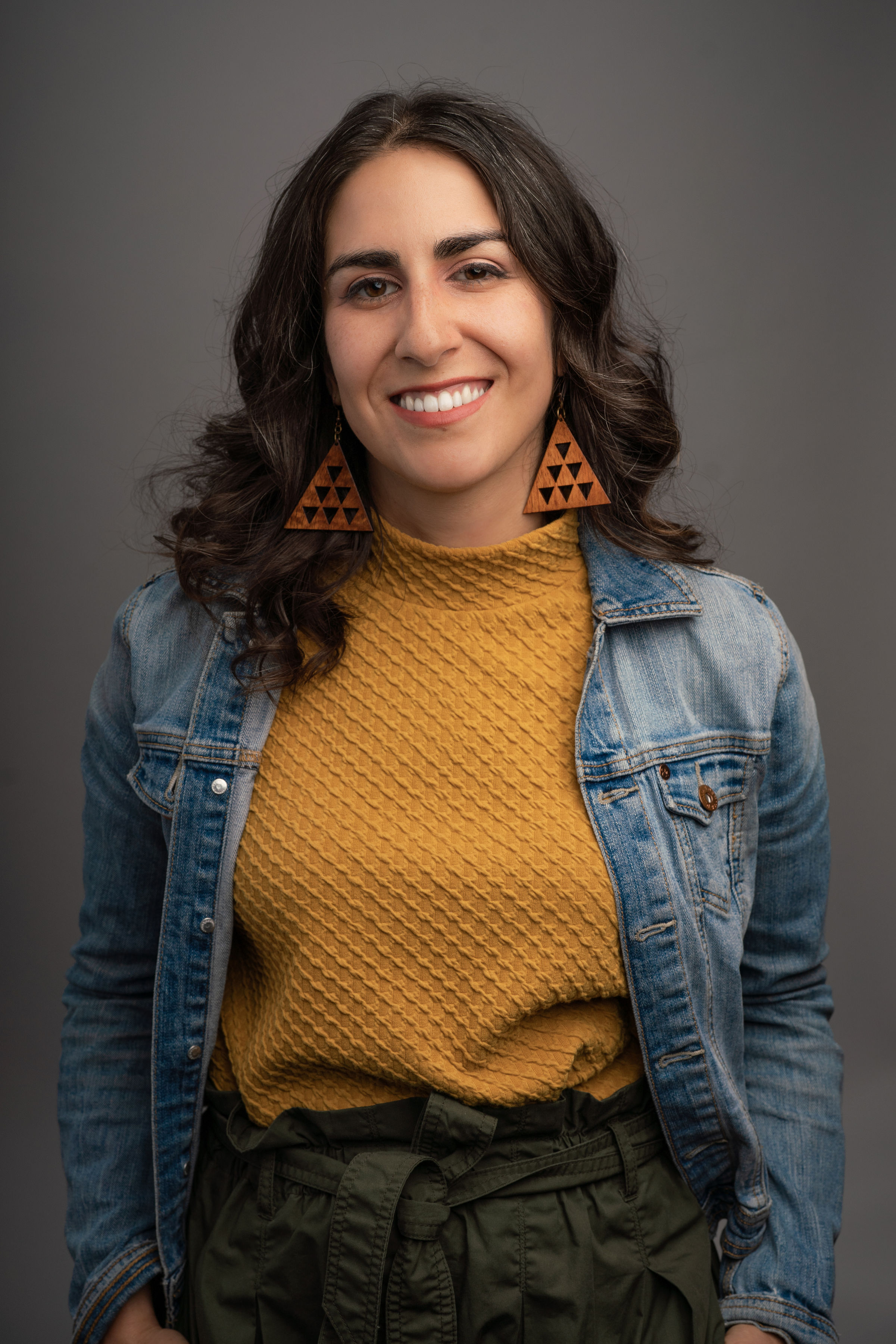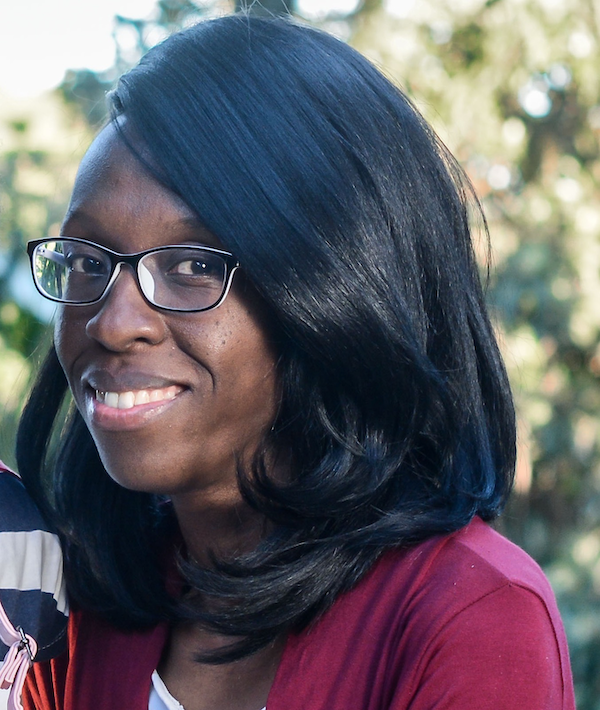- Descript’s survey of 1,004 podcasters and video creators finds most are already using AI tools
- The creators we surveyed say they’re using those tools not just to produce more content, faster — but to get more creative, with better results
- Creators in the survey who said they’ve used AI tools had higher average followers and income from their content than those who haven’t used the tools
A year ago, few creators had seen or heard of, let alone used generative AI tools like ChatGPT and DALL-E, but now most of them are using those tools to make better, more creative content.
A new survey of more than 1,000 podcasters, YouTubers, and short-form video creators conducted by Descript and Ipsos reveals that nearly two-thirds of those creators have already used generative AI in their content production, and more than three-quarters say they are likely to use AI tools moving forward.
The survey data, augmented by a series of interviews with creators, portrays a creator economy on the verge of massive change. No surprise there — anybody who’s been paying attention the last year is by now aware of generative AI’s potential to upend creative workflows.
What’s less apparent in the relentless torrent of news about new AI tools, disturbing outputs, and hot takes is how generative AI will change creative work, and content itself. That’s what our survey aimed to find out.
What we learned: AI plays a major role in creator economy trends
For the working creators we surveyed, the promise of generative AI is not just more content, or faster production — it’s better, more creative content. And that’s not raw speculation or unfounded optimism — more than half of survey respondents who have used generative AI say it has already made them more creative and improved the quality of their content.
For 35% of creators who aren’t using the tools, it’s mostly about lack of familiarity. These holdouts, the survey shows, are only moderately concerned about the ethics of using AI. And while those who are using the tools have some of those concerns too, the majority still say they’ll use the tools in the future.
 |
“Creators aren’t afraid of the future,” says Marilyn Moser, Creator Partner Manager at Descript. “The mindset is, you have ideas, you want to get them out there — anything that can help you do that is worth trying.”
And while the creators we spoke to in interviews outside of the survey expressed skepticism that AI could ever replace their knowledge and judgment about what content works and what their audience wants to hear from them, they were also clearly aware of the potential dangers of artificial intelligence, to society and but also to themselves — the risk of losing control over their likenesses, ideas, and voices, for starters.
Still, these creators expressed willingness to take those risks for the potential benefits generative AI offers: more efficient production, enhanced creativity, and better content.
The state of the creator economy
According to Goldman Sachs, the creator economy is a $250 billion industry. And while high-profile creators like Mr Beast are raking in a large chunk of those billions, the vast majority of creators do it part-time and got into it as a passion project — their audiences are small and their revenue is too. For these creators, AI could be a way to do more with less.
But bigger creators can benefit from AI too — many are used to delegating their content creation to paid staff, and generative AI tools can easily fit into that role for them.
Generative AI tools are already integrated into most respondents’ tech stacks.
Nearly two-thirds of creators we surveyed have used the new tools in their creative work, and 78% say they are likely to use the tools moving forward. Only 11% say they are not likely to use generative AI in their creative work.
 |
 |
Creators believe the proliferation of AI tools will produce better, more creative content.
It’s reasonable to expect greater productivity with a new tool, but the podcasters and video creators we surveyed say generative AI has been just as useful for improving the quality and enhancing the creativity of their content. This could be because AI frees up time to be more creative, but in interviews outside of the survey, creators told us that the AI itself makes them more creative — by operating as a virtual creative partner.
"A lot of people are afraid that AI will replace our ability to create content, or that there will be so much AI generated content that there's no place for the humans,” says Meredith Marsh, a Youtube creator with nearly 75,000 subscribers. “But for me, it's actually amplified my creativity and my ability to put out content — when I have a seedling of an idea, I've used AI to help me expand on that idea.”
 |
Early adopters of AI tools tend to be more successful creators.
The survey respondents who said they’ve used generative AI tools have a higher follower count and more revenue from their content than those who haven’t tried the tools before.
 |
The creators we interviewed outside of the survey had a few explanations for this. They said that creators at this level often delegate work to a broader team. This experience means they may be more comfortable transitioning work off their plates, and that they may have more time to experiment and get over the initial learning curve of a new tool.
Conclusion
This is the first time we’ve done a survey like this, — as far as we can tell, it’s the first time anybody has — and generative AI is so new and changing so fast that even with all this data it’s hard to draw too many conclusions. It is clear, from the survey data and from the creators we spoke to, that creators are embracing AI tools. Whatever concerns are out there, about implications, ethics, ownership, and so on, aren’t preventing many creators from experimenting with AI and, where they can, plugging it into their workflows.
The future of how we build and consume technology will largely be determined by how AI develops over the coming years. There are things we know to expect — the user experience will get better, as will the quality of the outputs — and things we have no way of knowing. Like will AI live up to the promise of better content and more creativity, as the creators we surveyed believe? Or will it flood the world with trash content and misinformation?
If you’re concerned about those things, it may seem like the best thing to do is avoid AI tools. But that might actually be the exact wrong thing to do. Remember: the models are being trained every time someone uses them.
“I think everyone should use AI and help make it better for good things,” says Kundan Kumar. “If you use it for good, there’s a better chance that it’ll get better quickly for those good use cases.”
That’s encouraging, especially in light of our survey results. The more creators are using AI to make better, more creative content, the better for everybody.
To see the full survey results, download the "Creator's Guide to AI” using the button at the top of the page.






.jpg)























